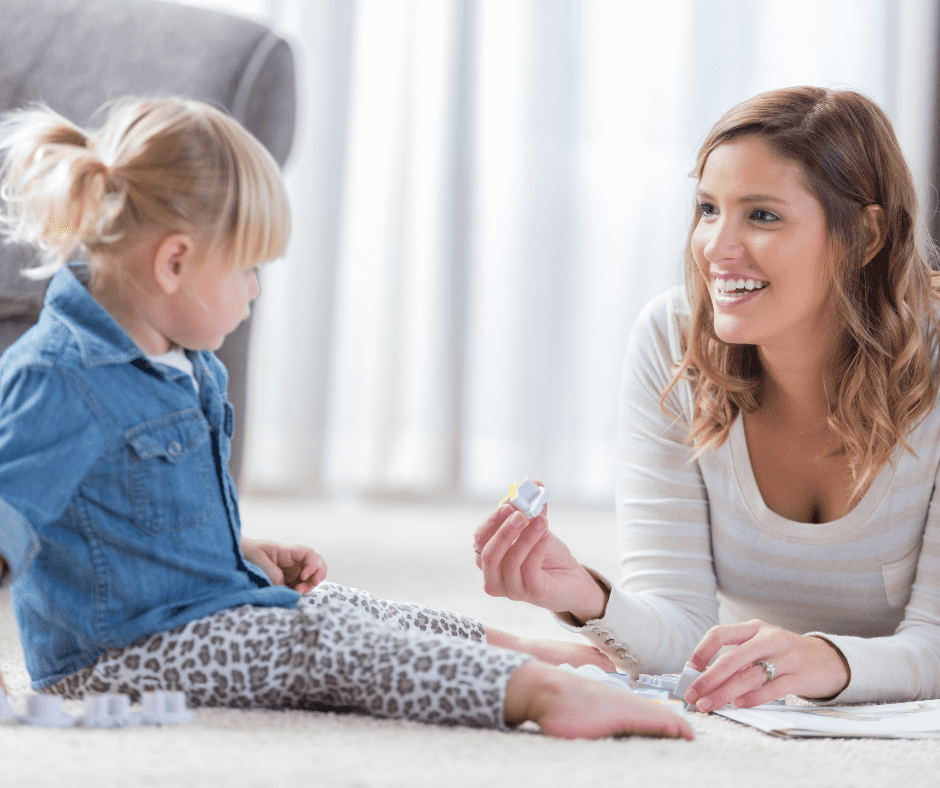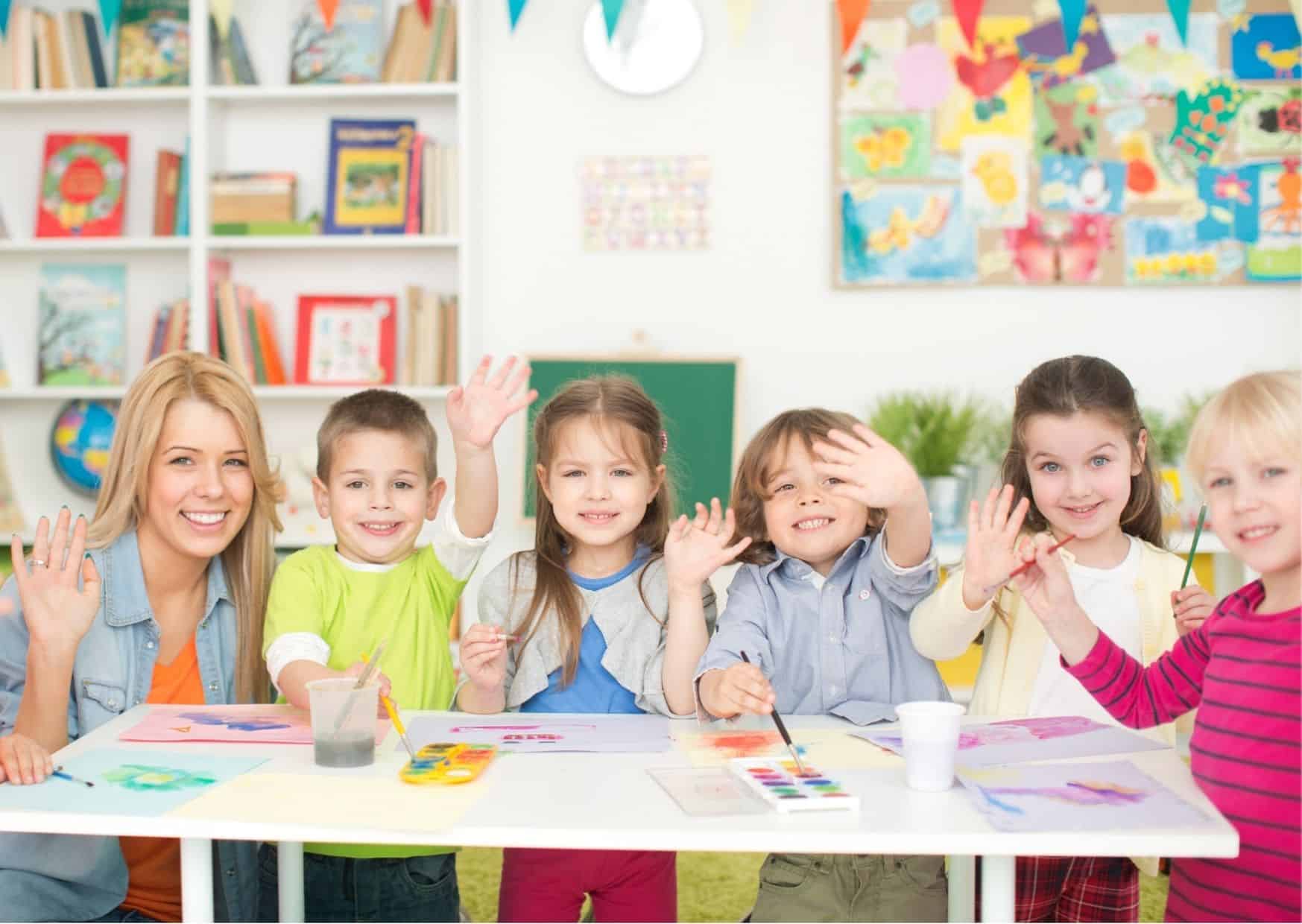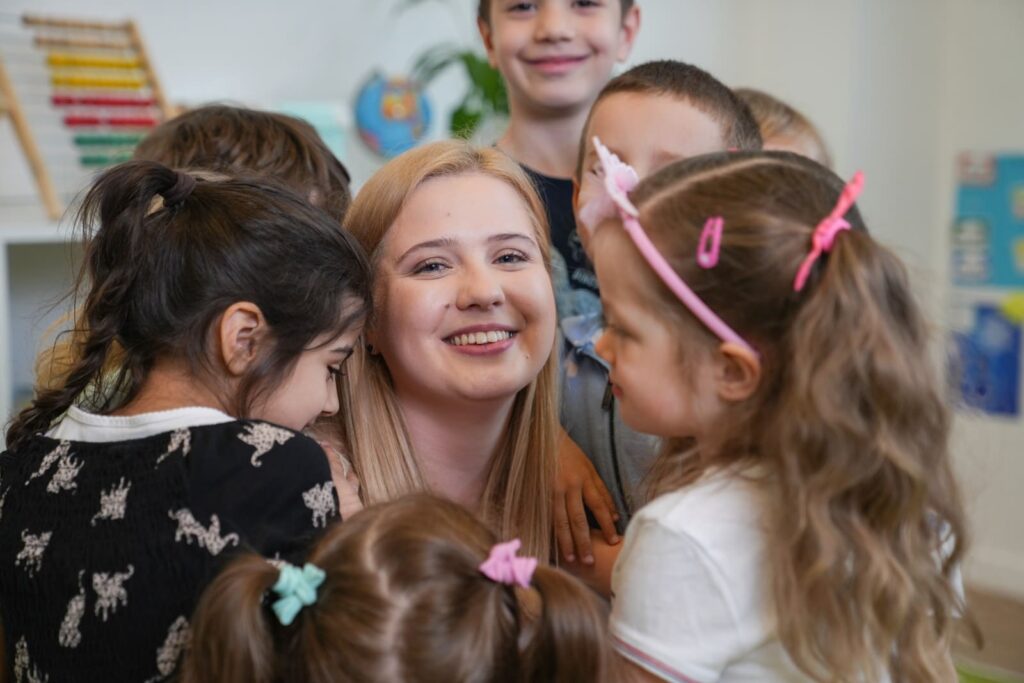How to talk to your child so that he or she listens to us?
Talking to your child is not an easy art. It happens that our child can listen to us at one moment, and in a moment his attention focuses on something completely different. Wondering how to fix it? There are several ways to do this.
On the Orange Ciuchci blog you will also find other very interesting publications. We cordially invite you to read. Meanwhile, we suggest how to talk to a child so that it listens to us and answered questions asked by us.
How to talk to a child? As an introduction
In the following article you will learn what to do to help your child told you about your daily experiences and emotions related to them. Parents often say that it is difficult for them to talk to their children about their well-being and what is happening with them at the moment. Sometimes they do not know how to start a conversation and ask the right questions, or the child dismisses them with short answers such as - "everything is ok", "it's fine", "I don't remember what was at school / kindergarten".
Due to such answers, we are unfortunately not able to find out about the child's successes, his contacts with peers, as well as about problems that may adversely affect the emotional and mental development of the child, which will contribute to imbalance in self-esteem and low self-esteem. Yet showing interest and understanding is essential in the relationship between parents and children.
• see also | School readiness - when is your child ready to go to school?
It is important that the child can feel close to us safely and freely enoughto share with us their everyday experiences related to his learning and social contacts at school or kindergarten.
How to find out what your child is currently thinking, feeling and experiencing?
How to talk to a child? First of all, we have to start telling him about it how important a conversation is for us, about everyday well-being and experienced emotions, shaping your bonds. Your child should feel like an important family member and know that he or she is involved in decisions about your life. The next step is to ask the right questions, thanks to which they will be able to shape their sense of self, develop their empathy and respect for themselves and for the other person.
It is important to stick to some rules at the beginning that will help us introduce a routine and work out diagram of effective communicationthanks to which the child will be able to be prepared for the interview without feeling unnecessary stress or fear.
How to talk to a child? Everything you need to know:
● Always talk to your baby in a place that is comfortable for himat a similar time - right after leaving school or kindergarten (this is especially important for younger children, because over time they may forget about what happened today), while eating, doing joint activities
being active or in preparation for sleep.
● Give your child maximum attention - maintain eye contact and try to be on the same level - if the child is sitting, sit next to him, if he is standing - crouch in front of him. Research shows that children know exactly when a parent is interested in talking and when they are focused on
performing other activities.
● When starting a conversation, start with tell your child about your experiences (especially at the beginning when your child is reluctant to answer your questions). You can tell about your day or what happened at work.
● Speak calmly, be patient, do not judge, be clear and precise in speaking in an understandable language. To maintain interest in the conversation, you can paraphrase what the child said and, above all, try not to interrupt.
● Together with your child tell yourself one good and bad situation (remembering that order) that happened during your day. You should also remember to ask specific questions related to his experiences, emotions, developing his self-confidence and
ability to deal with difficult situations.
Conversation with the child. Questions to ask:
1. Taking care of his self-esteem, the ability to express emotions and shaping self-confidence:
• Have you helped any of your colleagues today?
• Have you done something today that you can be proud of?
• Have you felt anger / sadness / fear / joy / happiness today?
• Can you tell me about what you did today?
2. Developing soft skills, the ability to establish and maintain peer relationships:
• What do you think other people feel when you are nice to them?
• Has anyone annoyed you or been rude to you today?
• Who is your best friend? Can you tell me about it?
• What can you do to make others like and respect you?
3. To find out what is happening with him in kindergarten / school:
• Why do you like / dislike spending time in school / kindergarten?
• What have you learned today?
• Did the teacher praise your work today - if so, why?
• How does your tutor react when you ask for help or when you don't know it
answers to his questions?
4. Taking care of your relationships:
• What do you think a loving parent should be like?
• If you could introduce two family rules, what would they be?
• What do you like your siblings best for?
• What's your favorite family habit?
How to talk to a child, i.e. what else is worth remembering?
One more aspect is important. Talking to a child is not an interview. Don't make him answer, there will be time for everything. When you show interest and understanding, the baby will come over and ask you to continue the conversation. That is why it is so important that we ask and answer questions, ask questions and react to what the child says - understanding,
supporting and respecting them.
Of course, you should remember that each the child expects something different from usdepending on his personality. Therefore, we should observe how he reacts to the questions we ask, analyzing his approach to the conversation. It's all about maintaining a balance between the child's comfort and the effectiveness of our actions.
We hope thanks to us you already know how to talk to your baby. We cordially invite you to visit the Orange Ciuchcia website regularly and read our entries.
Substantive cooperation on the article:
Patryk Madaliński - psychologist




